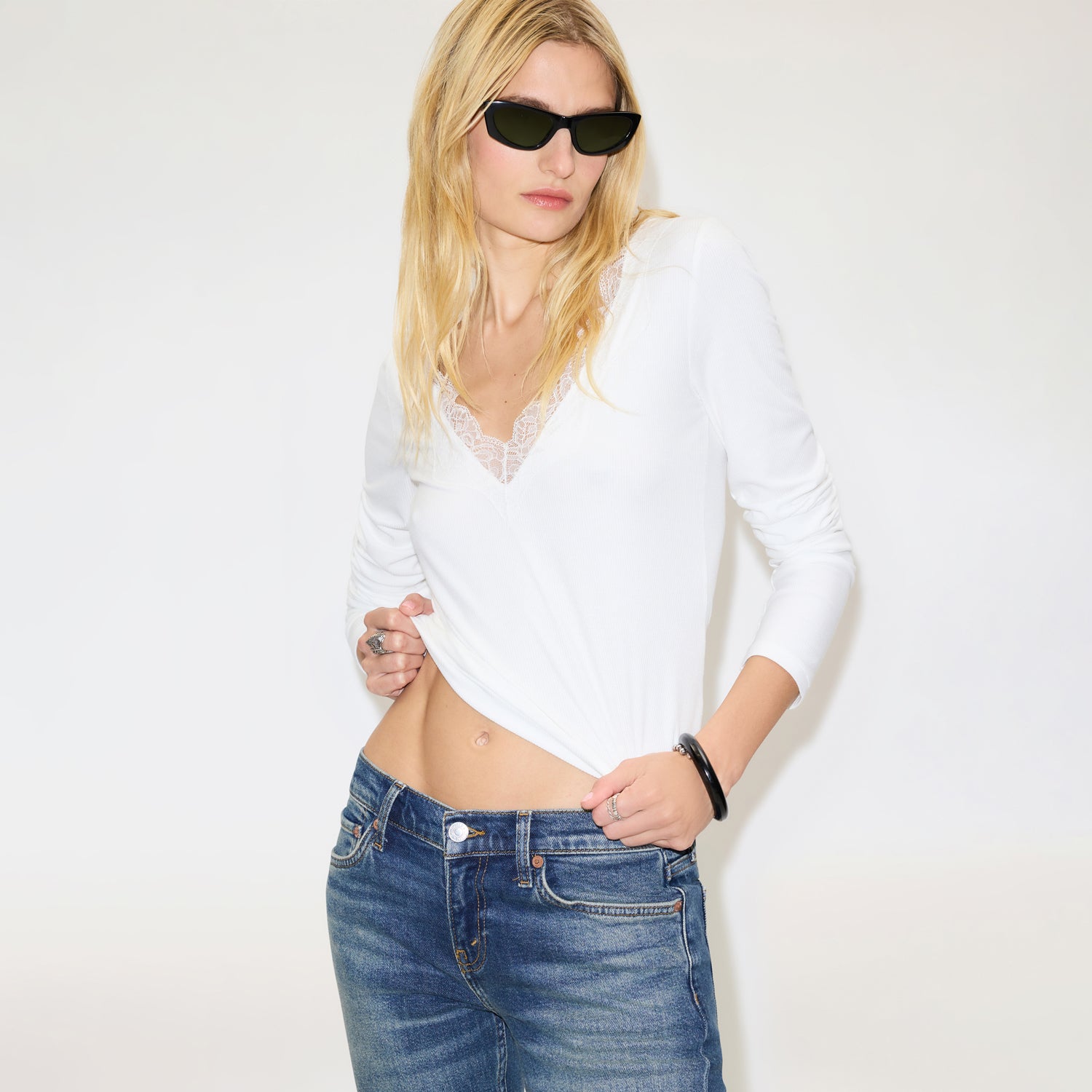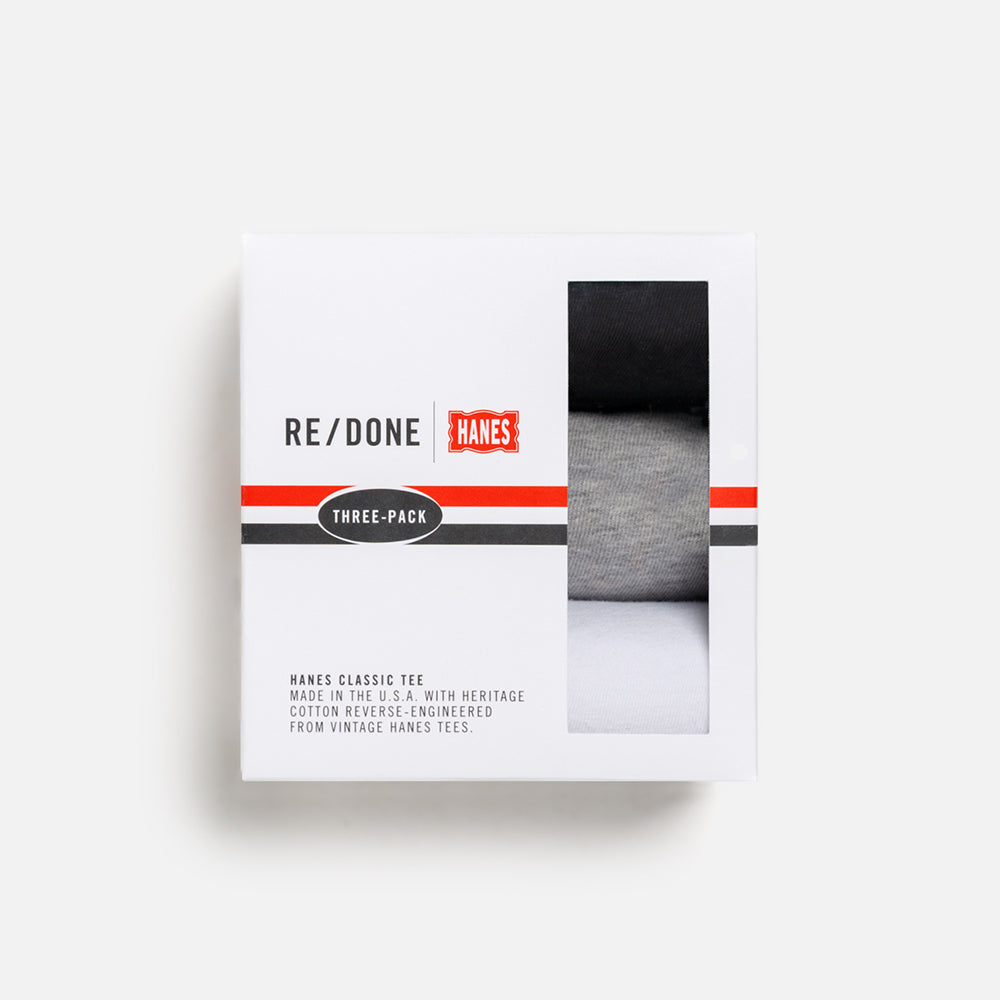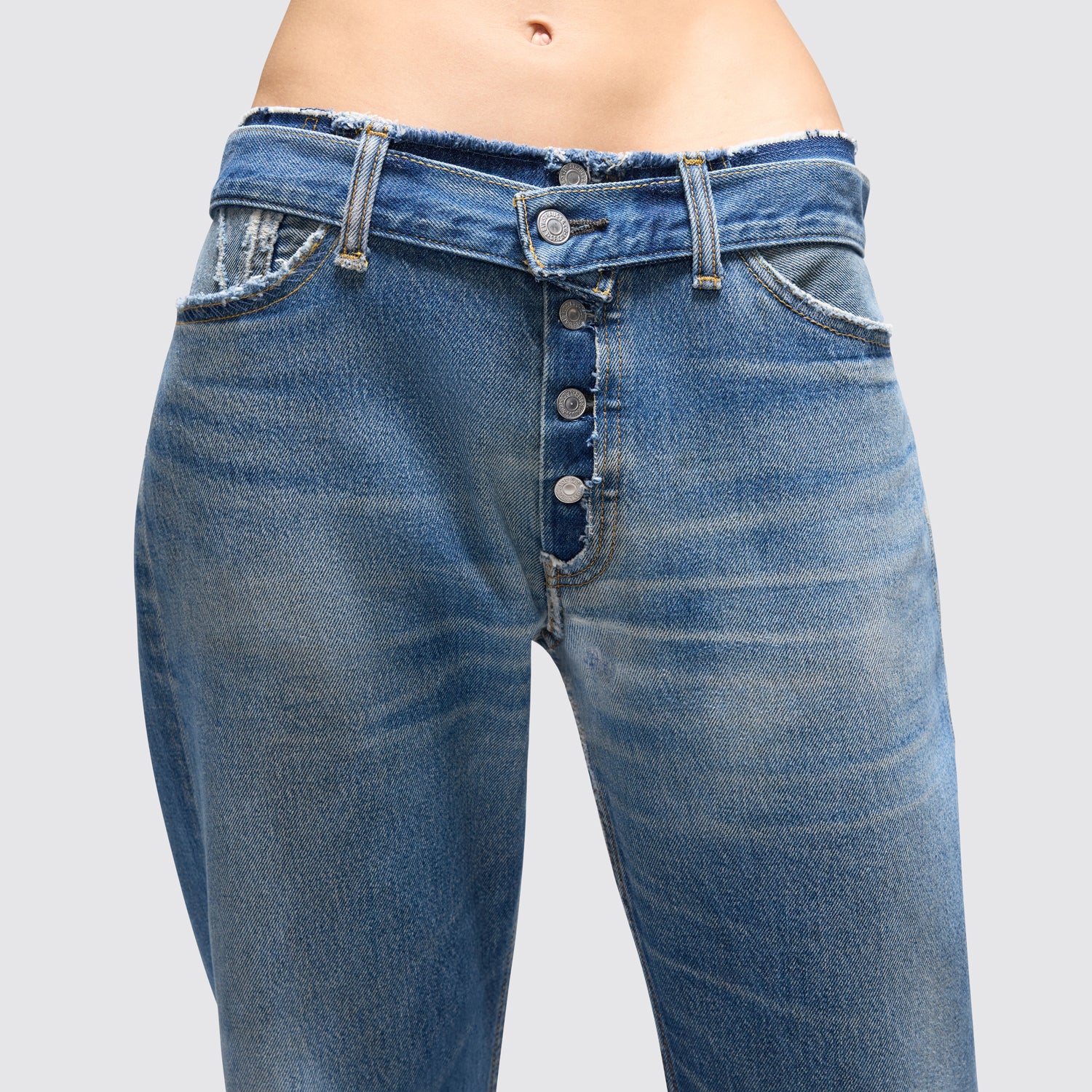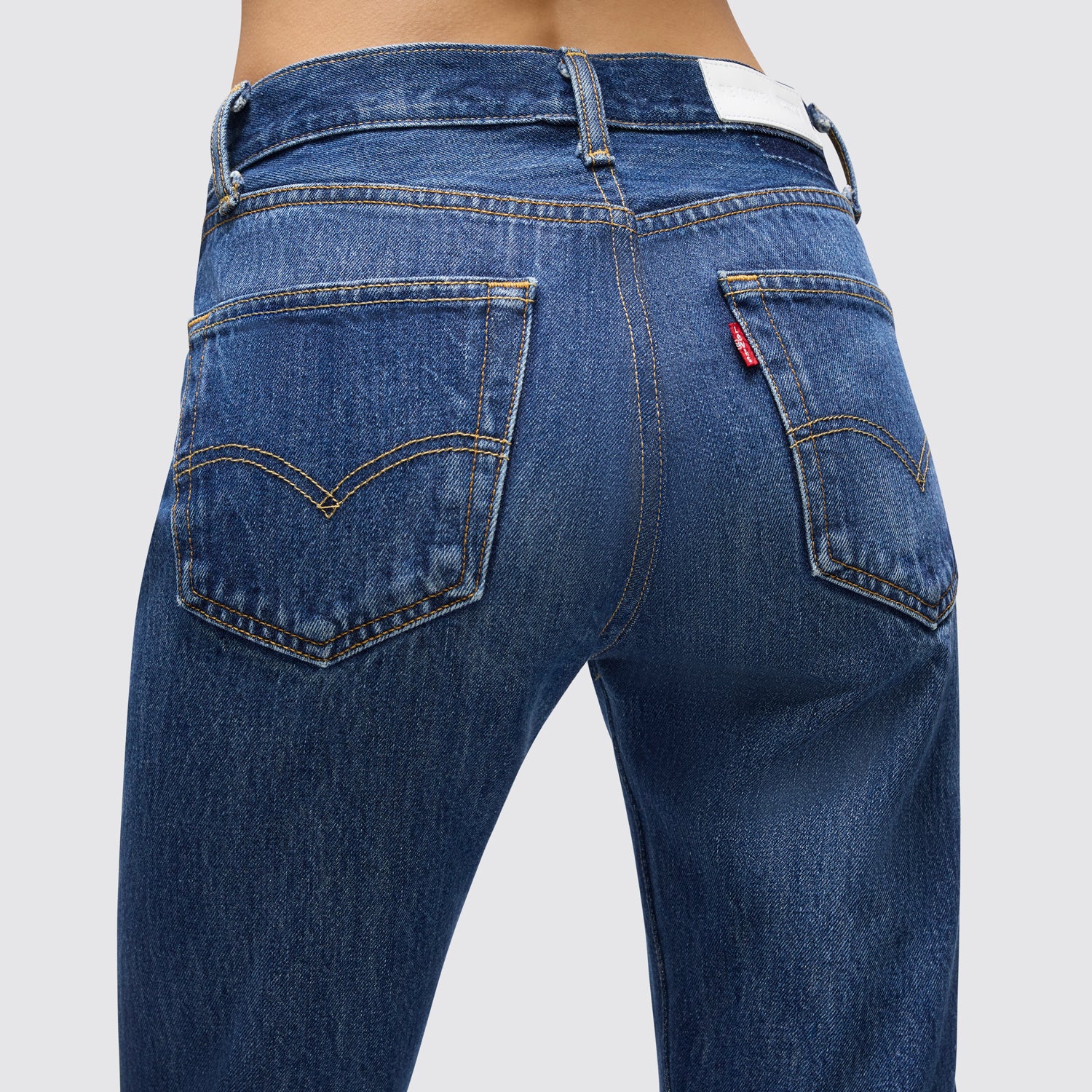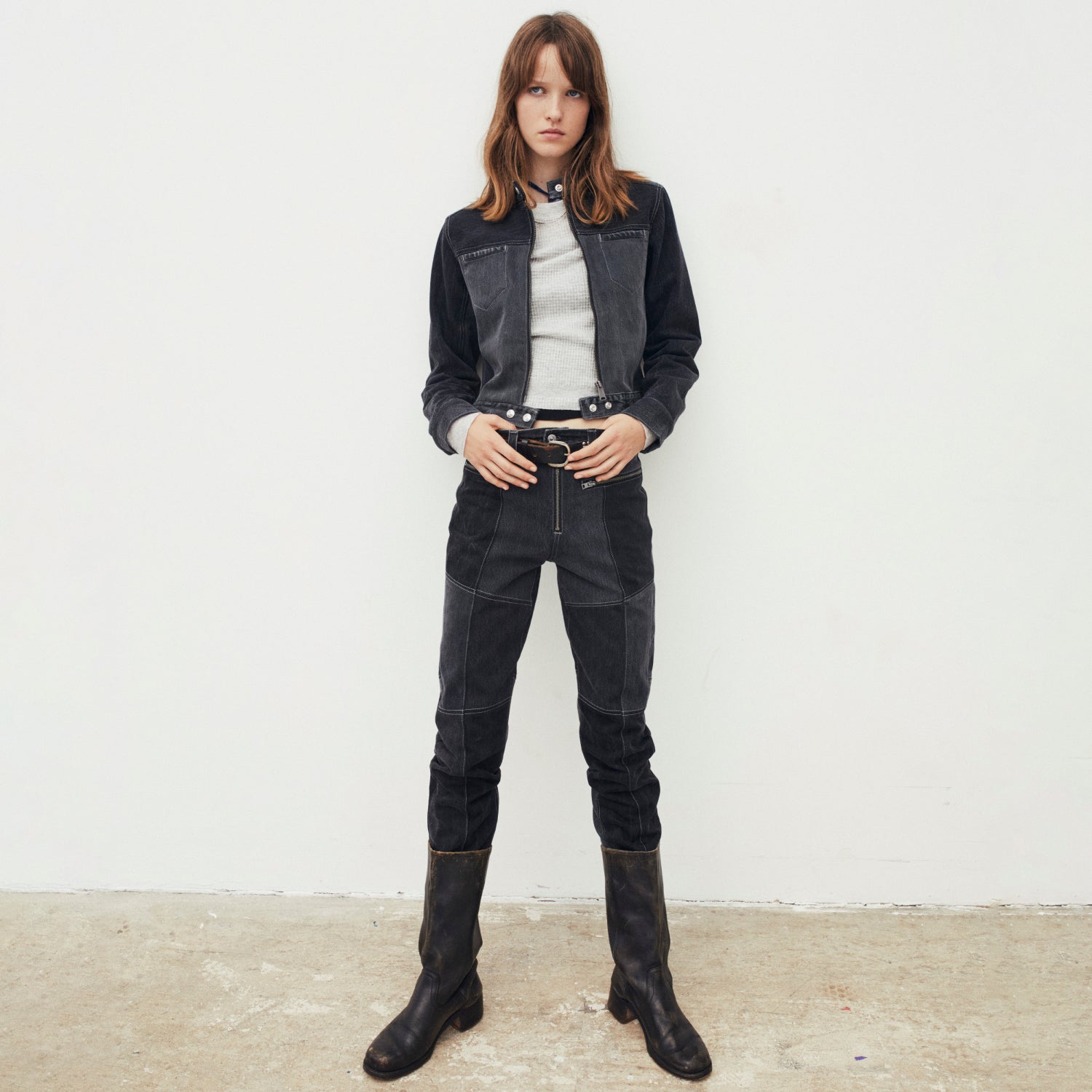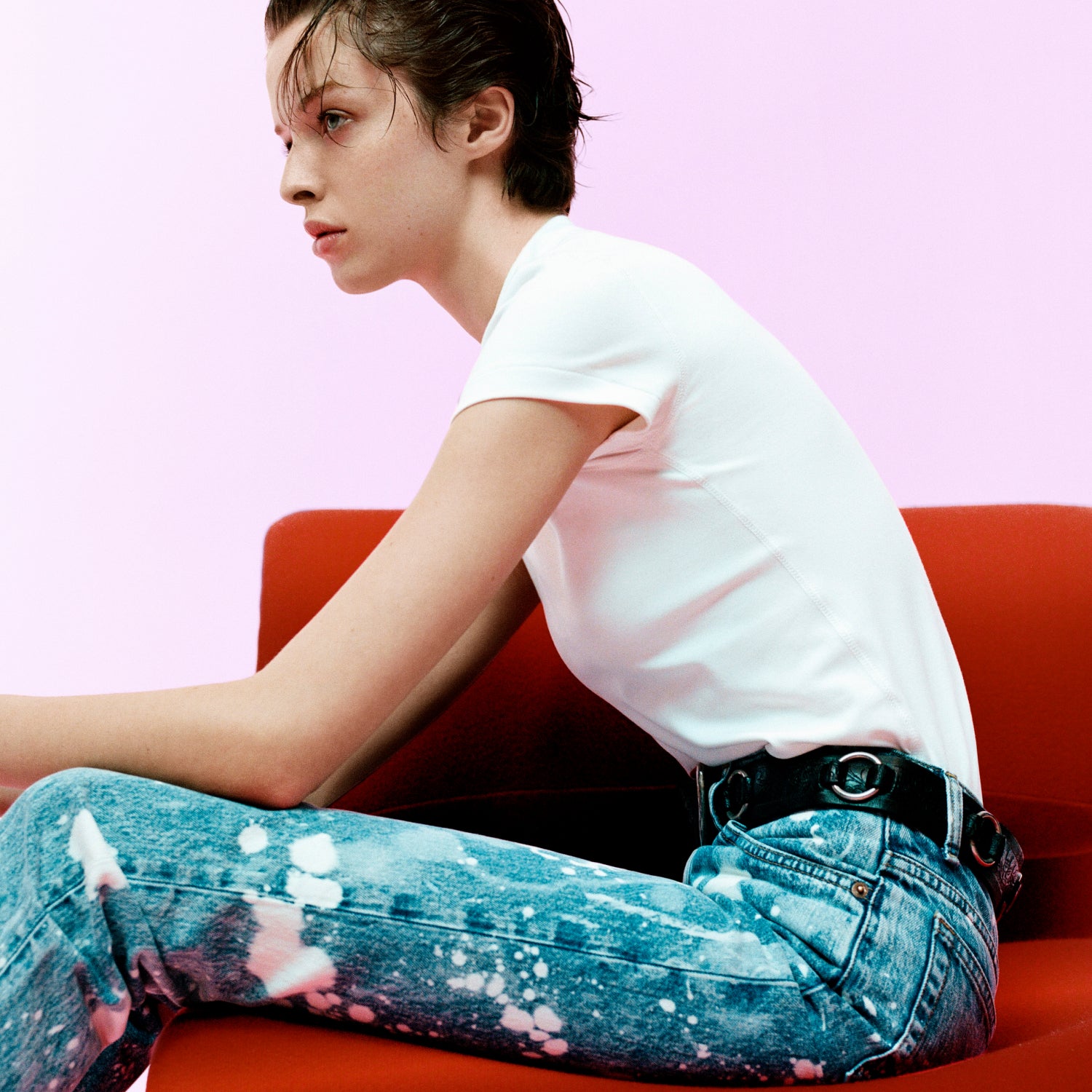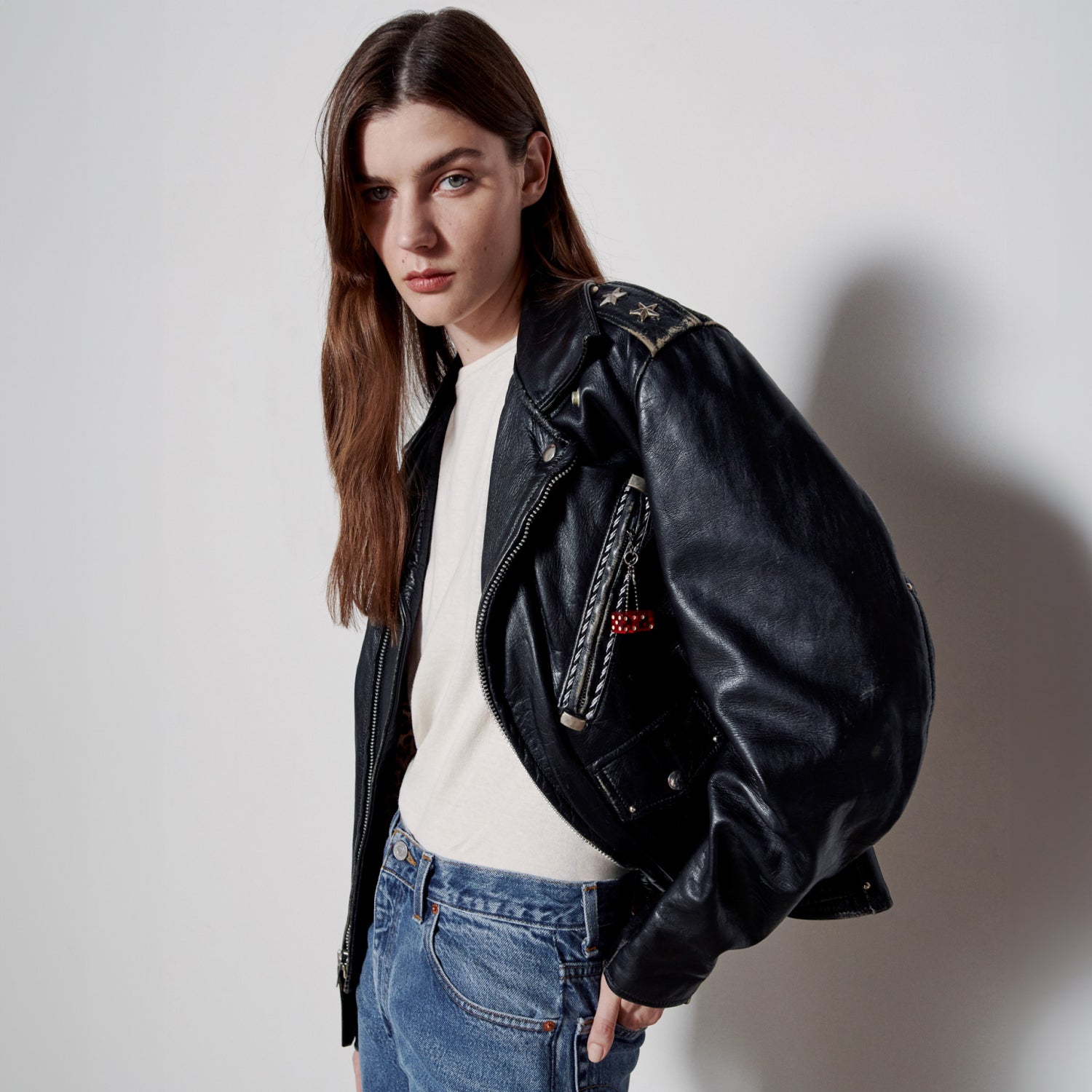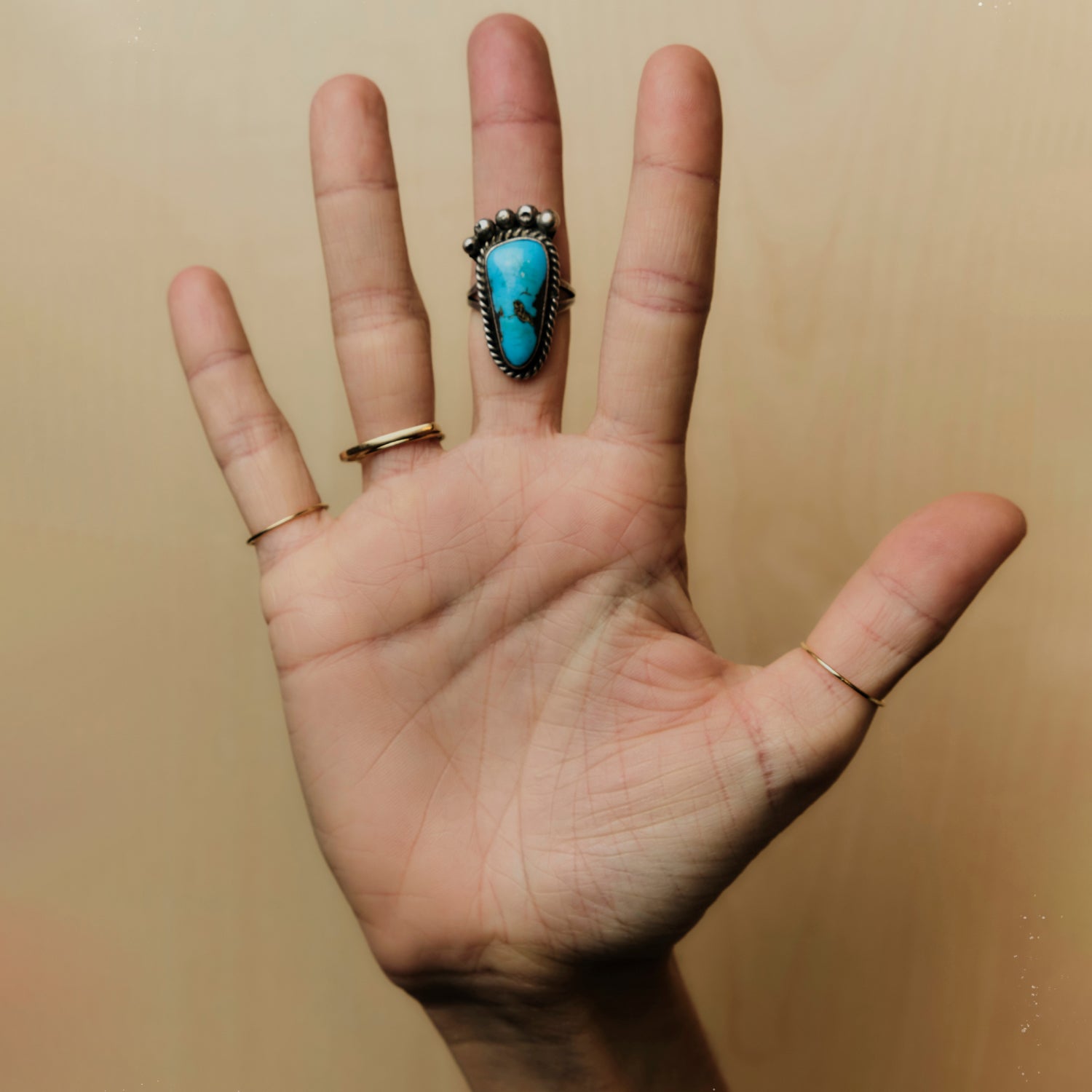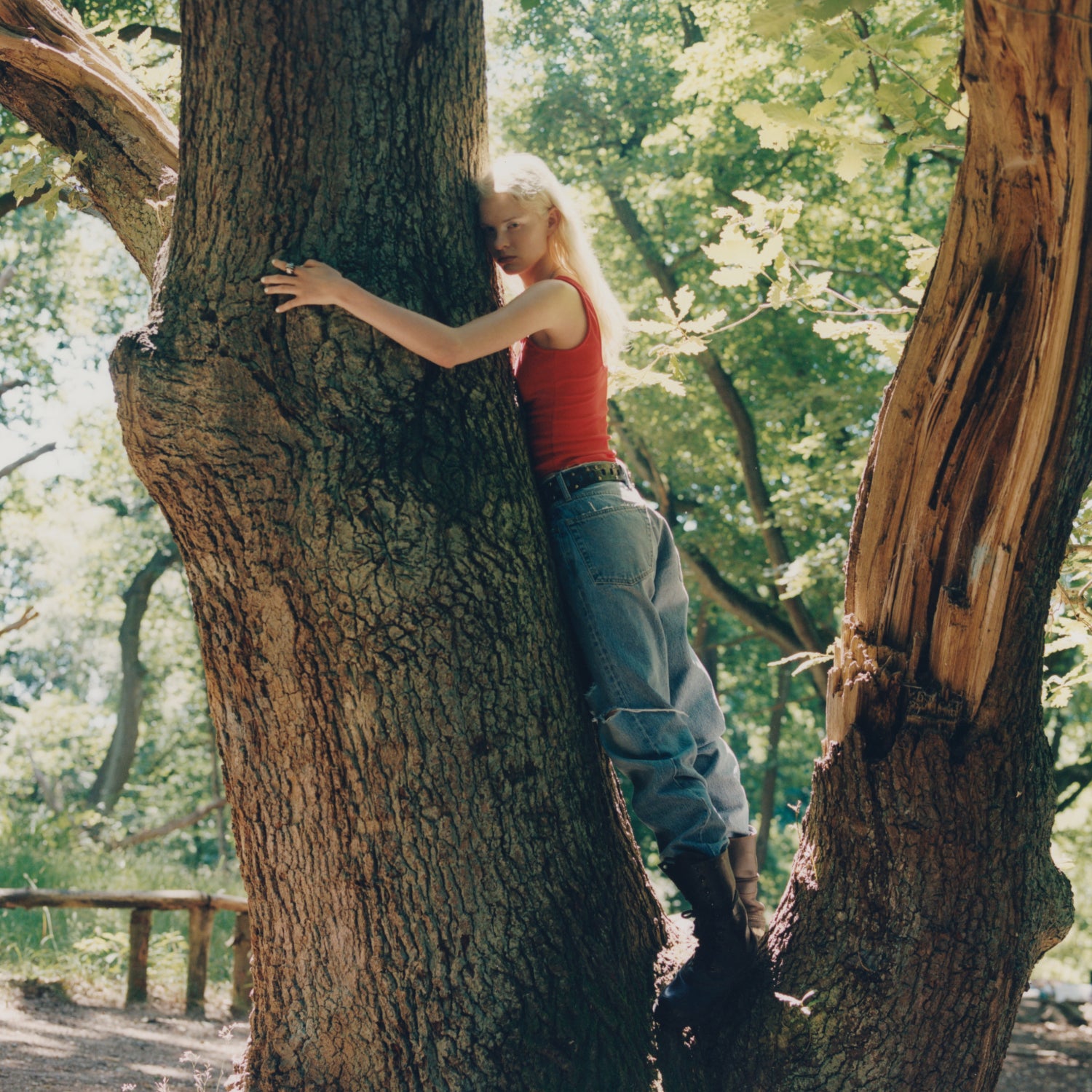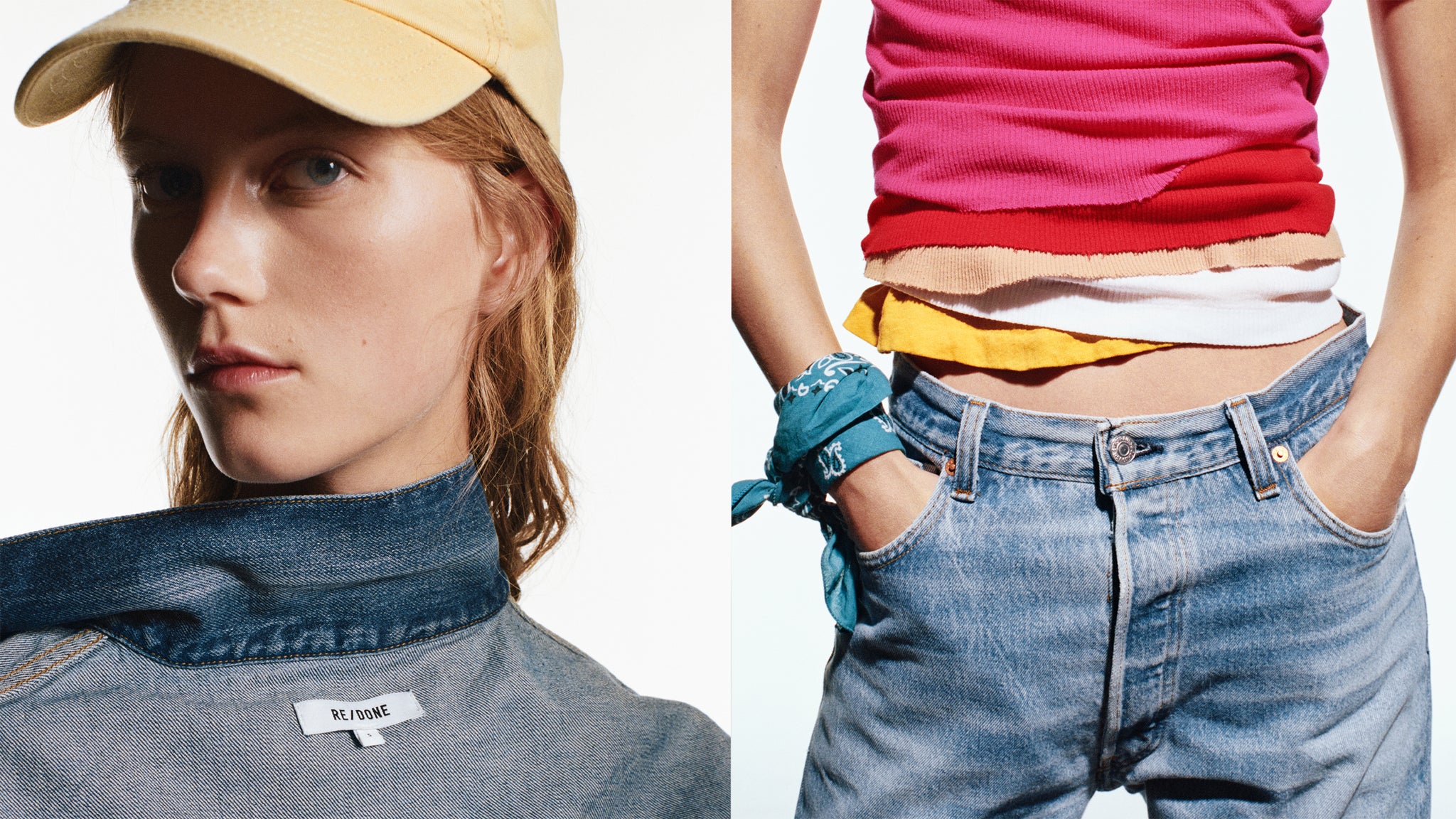FACTORY CERTIFICATIONS
RE/DONE’s Mexico-based factory recycles 27% of water used in production to irrigate their community garden, growing vegetables which are donated back to the local community and reloading the ground waters of the area. Additionally, the Mexico-based factory has phased out the use of polystretch films in all production processes, replacing it with stainless steel tables and coverings made from recycled fabric. This factory also repurposes the pumice stones used in wash processes to create eco-blocks, 90% recycled brick-like blocks with thermal insulation properties used to create housing in regional low-income communities. RE/DONE’s Mexico-based denim factory is one of 200 factories that is Cradle To Cradle certified, a globally recognized measure of safer, more sustainable products made for the circular economy. It is also a part of the Alliance For Responsible Denim, meaning it is guided by laundry experts in diagnosing their conventional washes and gaining advice to lower their environmental impact.
RE/DONE’s Turkey-based factory uses various technologies that minimize water usage in production while still achieving our iconic vintage-inspired denim washes and fade patterns. With E-flow machines, laundries can calculate the exact amount of water needed to create a specific wash. Laser technology is used to create various fade patterns, avoiding the use of harsh chemicals and pesticides in the process. Accordingly, this process reduces the amount of wash cycles needed in half, saving 3 gallons of water per pair of denim. In addition, the Turkey-based factory recycles water used for production with a 3-stage wastewater treatment and purification system. Using this process, they are able to save and reuse 75% of the wastewater created. During the COVID-19 pandemic, they have prioritized their staff’s health & well-being by installing a new generation anti-viral ventilation system used to purify the air. RE/DONE’s Turkey-based denim factory implements an environmental and social impact assessment tool (DV EWIMSR) developed by their software team, helping to create eco-friendly washing recipes and measure CO2 footprint.
